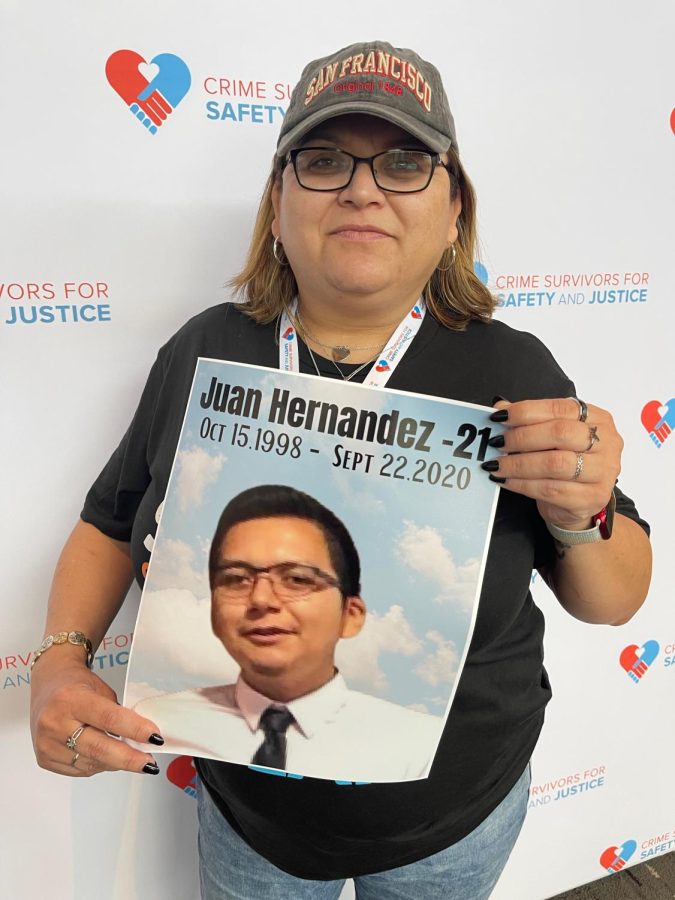Walking into a commercial music class at the Compton Center, one sees a group of people staring at computer screens with head phones on banging away at the keyboards in front of them. It may not appear clear what they are doing at first; however, these classes are actually designed for students to break into the music industry through business, engineering, or song writing.
Students at the El Camino satellite in Compton can earn a certificate in commercial music after they complete certain classes like Fundamental of Electronic Music, Digital Audio Recording for Commercial Music, Keyboarding for Commercial Music, Commercial Music Business Studies, and others. They also have the option of transferring to a four-year university.
“When I started, I really didn’t have any intentions of taking these courses, but I’m glad I did because I’m learning other things besides just singing,” Kiafa Illes, 33, said. “I have been singing for a long time, but I actually am getting a chance to learn other things about the music industry.”
In one side of the program, students study various means of computer assisted digital audio production including sequencing, digital recording, recording studio techniques, and synchronization to video. The other side of the program enters on business classes. Students learn publishing, the basis of copyright, and the way the record industry functions. To complete the certificate, students must also participate in an internship.
“Many of our former students were able to get their foot in the door through this program while they were doing their internships,” commercial music professor, Harvey Estrada, said. “We have entertainment industry workshops where we have guest speakers from the industry come from various fields and speak to the students and hold round table events.”
Former students have started careers as composers, artists, and as business people with companies like Warner Brothers and Universal Studios, says Estrada. Those that complete the program can get entry-level positions as an audio engineer, music technologist, commercial song writer, or composer for film or video games. Other fields that are open to graduates of the program are music education, retail, broadcast, and internet technology.
Part of the faculty is also currently active in the entertainment industry. Estrada has toured in Europe, Africa, and the United States with musicians like Stevie Wonder and Chaka Khan. He also composes for television and films, one of which is the next Adam Sandler movie. Estrada uses what he has learned about music technology in his many years performing and working in the music industry to teach his students how to use different software to develop their creativity.
“We learn many software – all of the standard industry software that you will hear normally on all of your records and in the studios from forensics al the way through the audio industry for commercials, movies, and records,” Estrada said.
The software students use in class include Propel, Reason, and Logic, and Final Cut Pro by Apple. Gaining the type of skill set the program offers has broadened many students’ interest in music.
“I returned to EC-Compton to put an arsenal into my musical palate that I did not have which was commercial music and I intend to get the commercial music certificate,” Ashe Mathew, professional musician, said. “I just opened myself up to a world of possibilities.”
Categories:
Pearlson/Compton Arts
By MICHAEL PEARLSON
•
October 23, 2008
More to Discover







